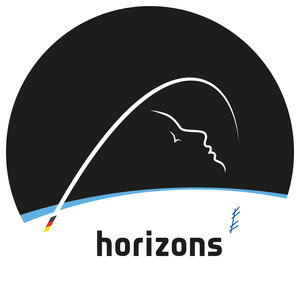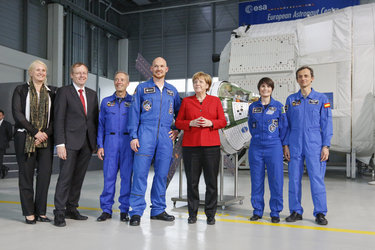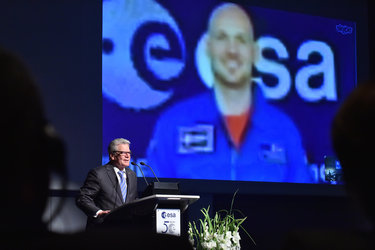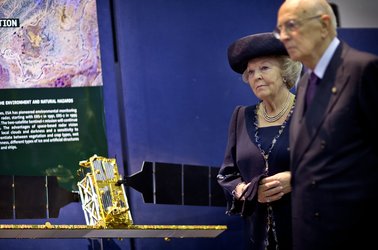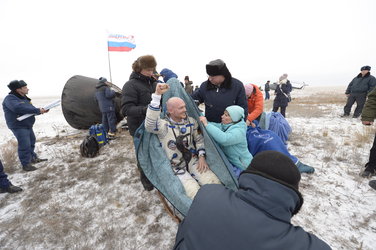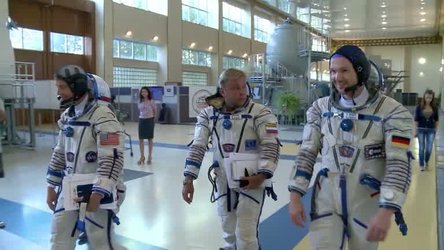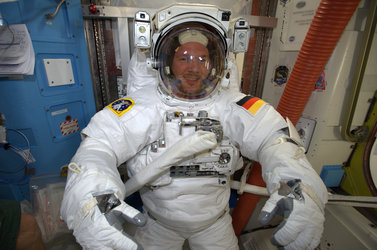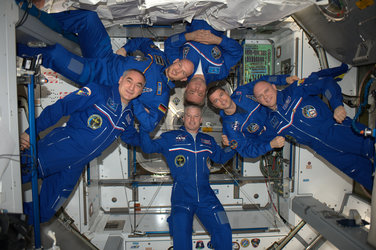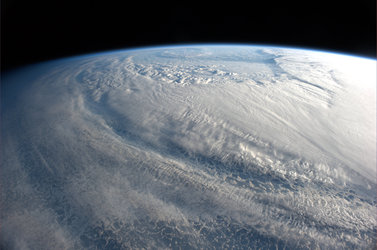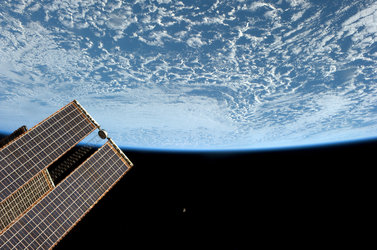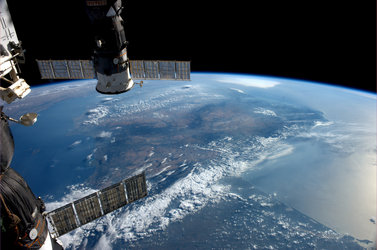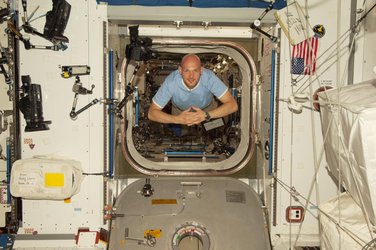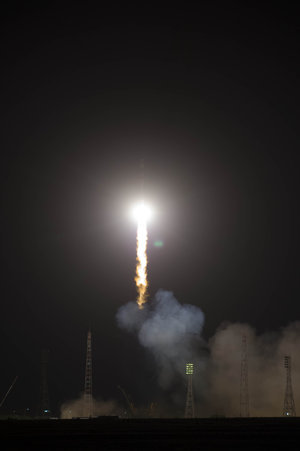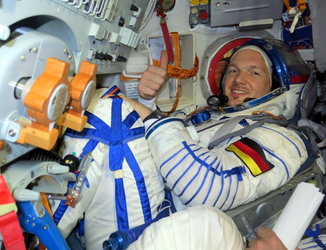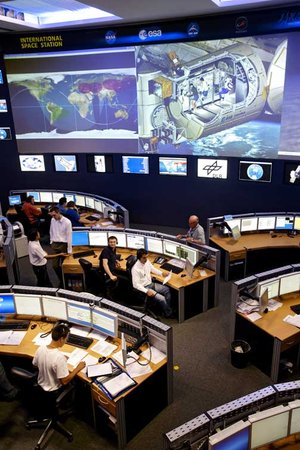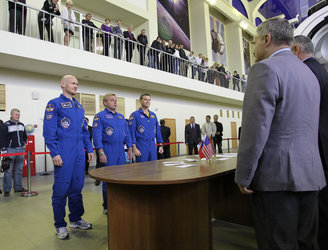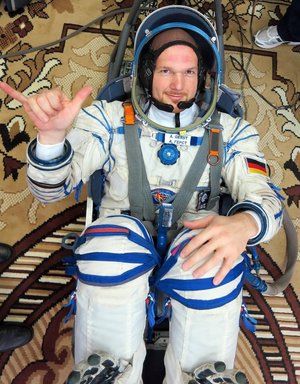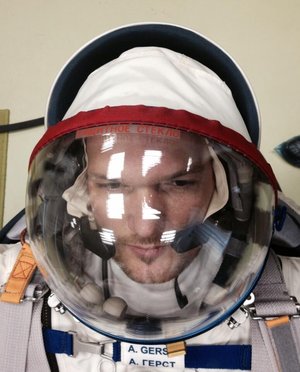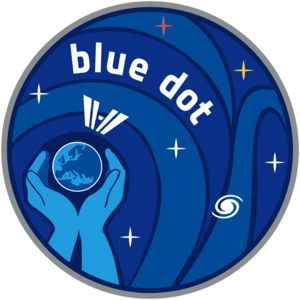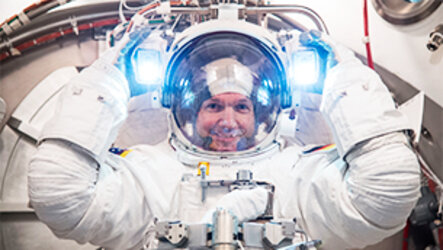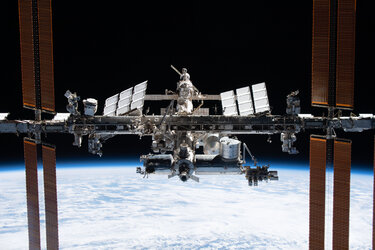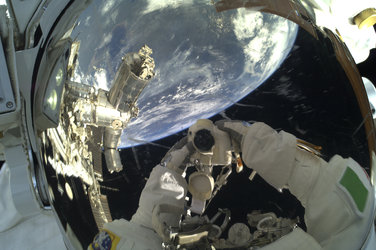Meet Alexander Gerst
ESA astronaut Alexander Gerst was born on 3 May 1976 in Künzelsau, part of Baden-Württemberg, Germany. A scientist and explorer at heart, Alexander graduated in 1995 from the nearby Technical High School of Öhringen. During his school years, he volunteered as a firefighter and lifeguard.
Alexander’s interest in the environment around him and exploration of the unknown led him to choose an academic career in geophysics and volcanology. This relatively new scientific discipline offered the potential to explore extreme places, while the research has immediate benefits for people living near volcanoes.

Multiple field-trips to study volcanoes up close in Antarctica, Guatemala, Italy, Ethiopia and Indonesia followed for Alexander as he continued his studies at universities in Karlsruhe, Germany, and Wellington, New Zealand. Alexander’s Master’s degree and subsequent doctorate saw him developing new instruments to study and help predict volcanic eruptions.
Alexander never considered his chances of becoming an astronaut were very high – over 8000 people applied for ESA’s astronaut selection in 2008 – but he knew that he would try at least once, to give that dream a chance.

In one of life’s coincidences, Alexander found himself stuck at the Antarctic McMurdo base because of bad weather during a scientific expedition at the same time as NASA astronaut Cady Coleman. Talking with Cady about his plan to apply and hope for the best, she encouraged him to give it the best he had.
Alexander sees being an astronaut as a logical extension of his career as volcanologist, with similarities between the two professions. Both are relatively new, taking off in the 1960s, and his fieldwork studying volcanoes has prepared him for working in space. Volcanoes and deep space are hostile environments that are not easy on humans or equipment.
The Space Station is a first step out into space to find out what is around us in that big black sky above us.
As Alexander puts it: “Both professions seek scientific data that can only be found in remote environments but bring back immediate benefits for people back home.”
He sees the International Space Station as serving a double role. It is a place for doing unique science but it also offers humans a perspective on Earth that would not be possible otherwise. His goal was to share his astronaut perspective of Earth during his Blue Dot mission.















 Germany
Germany
 Austria
Austria
 Belgium
Belgium
 Denmark
Denmark
 Spain
Spain
 Estonia
Estonia
 Finland
Finland
 France
France
 Greece
Greece
 Hungary
Hungary
 Ireland
Ireland
 Italy
Italy
 Luxembourg
Luxembourg
 Norway
Norway
 The Netherlands
The Netherlands
 Poland
Poland
 Portugal
Portugal
 Czechia
Czechia
 Romania
Romania
 United Kingdom
United Kingdom
 Slovenia
Slovenia
 Sweden
Sweden
 Switzerland
Switzerland




























